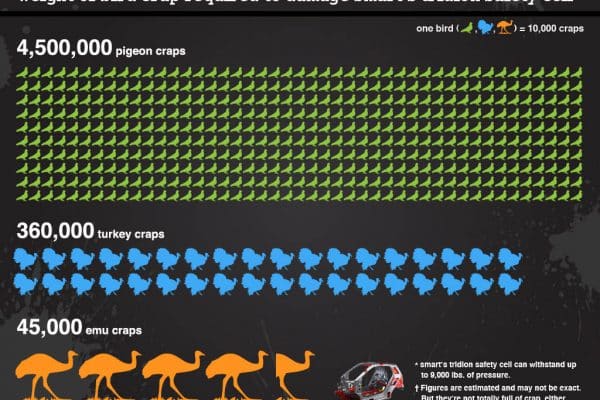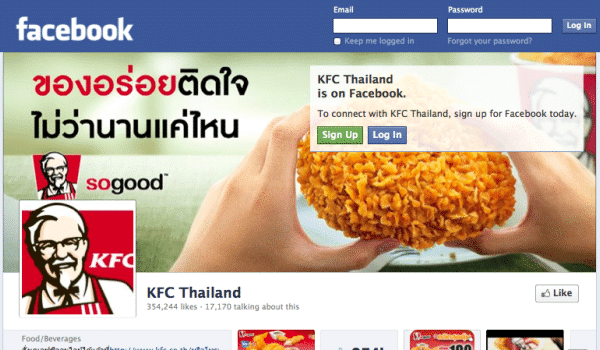If you just got home from a very bad shopping trip and decided, in your fury, to tweet something disparaging about your local budget supermarket, would you expect said supermarket to contact the top executives at your place of work to complain about you? Of course not! But, that’s what the PR team of one US business did. A customer posted a negative tweet about the store and soon discovered that someone working for the supermarket had emailed a team of executives at their workplace requesting that disciplinary action be taken against their employee for their negative post.
The mistake that the poor tweeter made was to mention where they worked in their twitter bio, but not add some kind of disclaimer that the views are theirs and theirs alone, and do not reflect their employer. But honestly, how many people actually do include such a disclaimer? I don’t. But I, and I assume most other people, would use common sense and not tweet anything that would offend or reflect badly on me or my employer. Does moaning about a bad shopping trip fall under the category of ‘comments that require a disclaimer’?
The PR that spotted the tweet should have apologised to the customer and referred the matter to the store instead of throwing a hissy fit. After all, customer service does not stop at the check out.
PR is supposed to be about generating positive coverage for your clients, increasing their name recognition and hopefully helping to drive sales. This kind of action on serves to generate a huge amount of negative coverage for the company in question (and yes, I realise I’m a small contributor to that) that not only sullies its name over social media but has dramatically increased the number of people who view the original negative review.
The truth is, everybody loves stories about big brands committing a spectacular social media FAIL, and once they discover one it will be tweeted and blogged to death. Particularly juicy ones will be article fodder for some time to come and referenced in corporate seminars on social media best practice and PR training events on how to handle crises. In short, it will not go away.
At Carrot, we advise brands on how best to handle social media crises when they crop up. One of the key concerns of any brand should be to prevent, or quell a firestorm of criticism – rather than start one. One small, completely insignificant tweet, which if recent reports are to be believed, would likely have been completely ignored anyway, has been taken up as an example of social media FAIL and will likely become part of the growing cannon of screw-ups.
This has raised the issue of whether employers are associated with tweets or status updates that their employee posts, if the business is named in the employee’s biog. If the employer doesn’t have a policy in place requiring employees to include disclaimers when they associate themselves with their brand over social media, then they should probably consider rectifying that.
Hopefully, the tweeter concerned works for a company that doesn’t care about their employee’s opinion on which shop is better than the other, but how good a job they do when they are actually at work.
And let’s hope the miscreant that dobbed the poor tweeter in gets a clue about how social media actually works.
###
How I heard about this: @emoderation retweeted this great blog post by Lindsey Bray
For more details on how to handle a social media crisis see our Breakfast Bunker Briefing blog.





